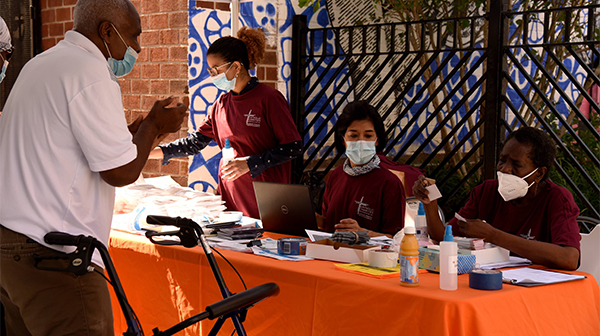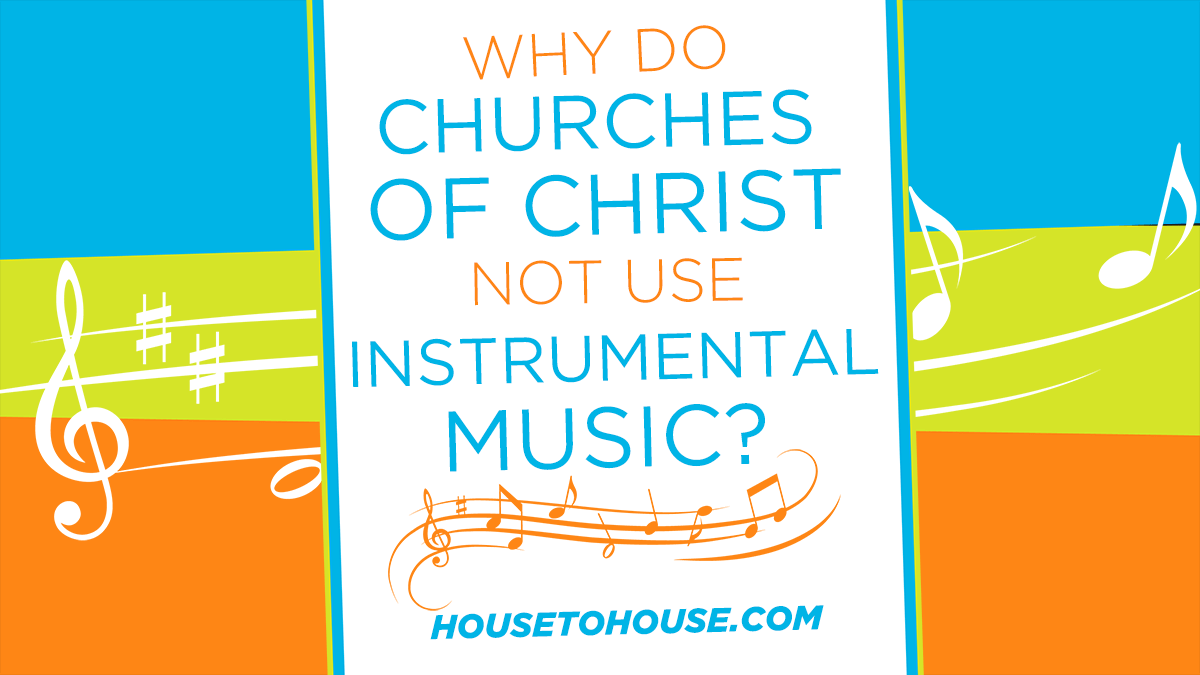Immigration is a complex and often divisive issue that has been at the forefront of political and societal discourse for decades. Despite the challenges and obstacles that immigrants may face, organizations like Catholic Charities have stepped up to provide vital services and support to those in need. Catholic Charities is one of the largest and most respected social service organizations in the United States, and its immigration services are an essential part of the organization’s mission to help vulnerable populations.
What is Catholic Charities Immigration Services?
Catholic Charities Immigration Services (CCIS) is a program offered by the Catholic Charities USA network of agencies. The program provides a wide range of services to immigrants, including legal assistance, case management, and other support services. CCIS is designed to help immigrants navigate the complex and often confusing immigration system, and to provide them with the resources and support they need to successfully integrate into American society.
The services provided by CCIS are tailored to the specific needs of each individual immigrant. This includes assistance with legal documents, such as green card applications and citizenship applications, as well as help with navigating the legal system and understanding the rights and responsibilities of being an immigrant in the United States. CCIS also provides case management services, such as assistance with finding housing, employment, and healthcare, as well as help with accessing government benefits and services.
Who Can Benefit from Catholic Charities Immigration Services?
CCIS serves a wide variety of immigrants, including those who are seeking asylum, refugees, and other vulnerable populations. The program also provides services to immigrants who are in the process of obtaining legal status, as well as those who are already legal residents of the United States. CCIS is designed to help immigrants of all ages and backgrounds, regardless of their legal status or country of origin.
One of the key populations that CCIS serves is refugees. Refugees are individuals who have been forced to flee their home country due to persecution, war, or other life-threatening situations. CCIS provides assistance to refugees in the United States, including help with resettlement, legal assistance, and case management services. This assistance is critical for helping refugees adjust to life in a new country and to successfully integrate into American society.
Another population that CCIS serves is Asylum Seekers. Asylum seekers are individuals who have fled their home country and are seeking refuge in the United States. CCIS provides legal assistance and case management services to asylum seekers, helping them to navigate the complex and often confusing asylum process. CCIS also provides support to asylees, individuals who have been granted asylum and are in the process of adjusting to life in the United States.
In addition to refugees and asylum seekers, CCIS also serves a wide range of other immigrants, including those who are seeking family-based visas, work visas, and other types of legal status. CCIS also provides services to immigrants who are already legal residents of the United States, such as help with citizenship applications and other legal matters.
How Catholic Charities Immigration Services Makes a Difference
Catholic Charities Immigration Services plays a critical role in helping immigrants to successfully integrate into American society. The services provided by CCIS are designed to help immigrants navigate the complex and often confusing immigration system, and to provide them with the resources and support they need to succeed. This includes legal assistance, case management, and other support services.
One of the most significant ways that CCIS makes a difference is by providing legal assistance to immigrants. This includes help with green card applications, citizenship applications, and other legal documents. CCIS also provides assistance with navigating the legal system and understanding the rights and responsibilities of being an immigrant in the United States. CCIS also provides assistance with understanding the rights and responsibilities of being an immigrant in the United States, and helps immigrants to navigate the legal system. This legal assistance is critical for helping immigrants to obtain legal status and to avoid deportation.
Another way that CCIS makes a difference is through its case management services. Case management is a critical part of helping immigrants to successfully integrate into American society. CCIS provides assistance with finding housing, employment, and healthcare, as well as help with accessing government benefits and services. This support is essential for helping immigrants to establish themselves in the United States and to become self-sufficient.
In addition to legal assistance and case management, CCIS also provides a wide range of other support services, such as educational programs, cultural orientation, and language classes. These services are designed to help immigrants to better understand American culture and to improve their language skills, which is critical for helping them to succeed in the United States.
Catholic Charities Immigration Services is a vital program that provides a wide range of services to immigrants in need. The program is designed to help immigrants navigate the complex and often confusing immigration system, and to provide them with the resources and support they need to successfully integrate into American society. CCIS serves a wide variety of immigrants, including refugees, asylum seekers, and other vulnerable populations. The services provided by CCIS are critical for helping immigrants to obtain legal status, to find housing, employment, and healthcare, and to become self-sufficient. Catholic Charities Immigration Services plays a critical role in helping immigrants to succeed in the United States, and it serves as a lifeline for those in need.
Read More:






